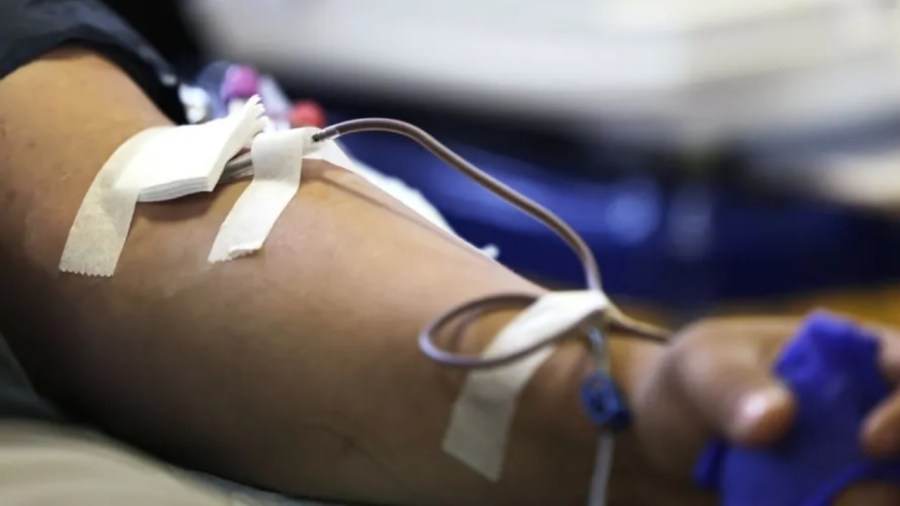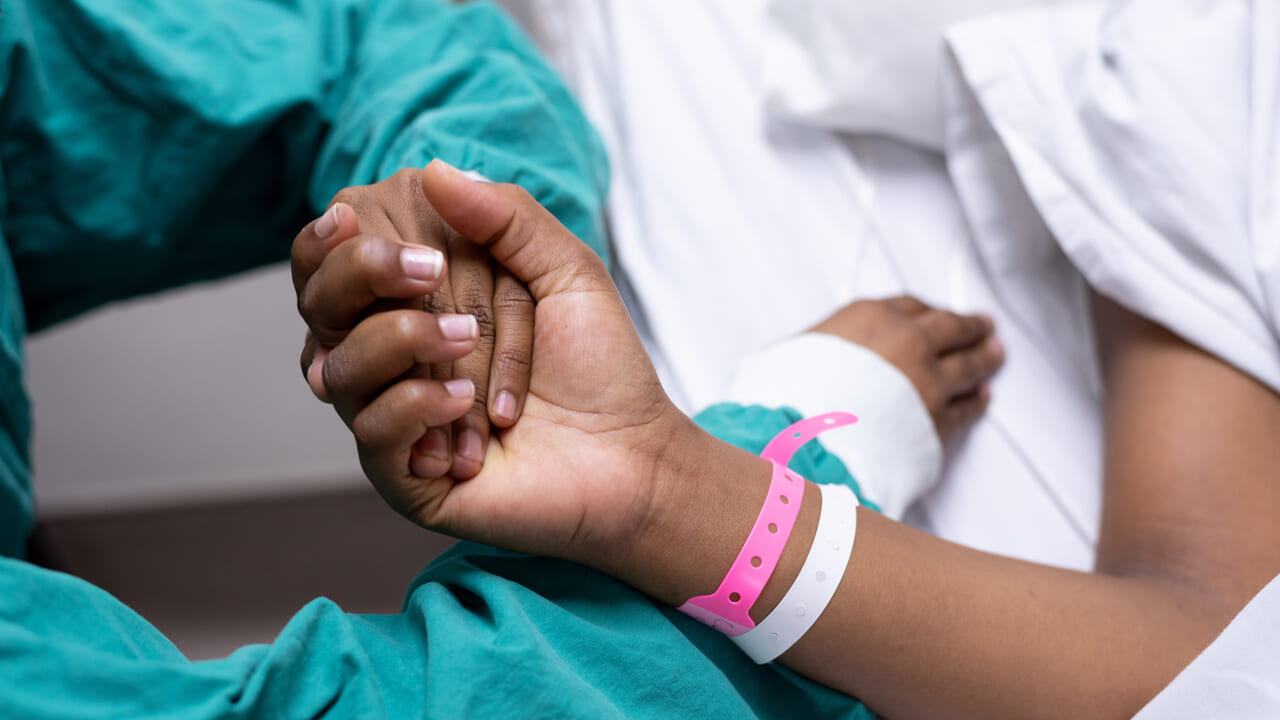Red Cross calls for Black blood donors amid shortage, national disasters
There's been a nearly 25% drop in blood donations since last month, threatening the health of patients who need blood in an emergency or are dependent on life-saving transfusions.
The American Red Cross desperately needs Black donors as the nation’s blood supply has reached critically low levels.
Since early August, there has been an almost 25% decline in blood donations, which may jeopardize the health of patients who require blood in an emergency or are dependent on life-saving blood transfusions due to severe illnesses such as cancer and sickle cell disease, according to a press release.
Consecutive months of severe climate-related catastrophes, including Hurricane Idalia in the Southeast U.S. a few ago, have led to the cancellation of blood drives and a reduction in donations in the afflicted areas, further stressing the blood supply.

Currently, more blood is being distributed to hospitals than is being donated. The Red Cross relies on 12,500 blood donations daily from donors to satisfy the demands of the nation’s approximately 2,500 hospitals and transfusion facilities.
“For so many patients living with urgent medical care needs, crises don’t stop with natural disasters,” said American Red Cross Chief Medical Officer Dr. Pampee Young. “In fact, in some instances, the stress of a disaster can lead to a medical crisis for some individuals battling sickle cell disease.”
The organization’s call for September blood donations coincides with National Sickle Cell Awareness Month.
Sickle cell disease is the most prevalent hereditary blood disease in the U.S., most commonly affecting individuals of African descent. One in three African Americans who donate blood is a match for patients who may require routine transfusions to avoid health issues, including organ and tissue damage, excruciating pain and strokes.
The disease differs from the trait, which affects one in 13 babies of Black or African American descent.
“The need for blood is constant,” Young said. “Every two seconds, someone in the U.S. needs blood — an often-invisible emergency that the rest of the world doesn’t see behind closed hospital doors. Now, that urgency has only heightened.”
TheGrio is FREE on your TV via Apple TV, Amazon Fire, Roku and Android TV. Also, please download theGrio mobile apps today!

